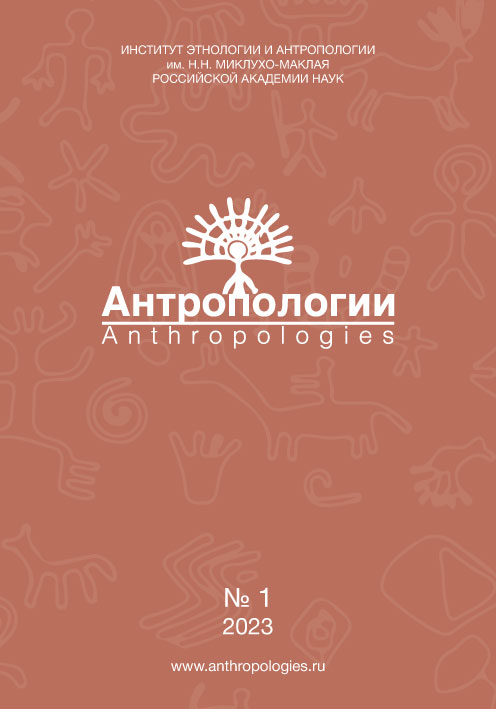Philosophical anthropology and Kinship as a Tradition. Two Interviews of Oleg I. Genisaretsky
DOI:
https://doi.org/10.33876/2782-3423/2023-1/92-121Keywords:
«Methodologoical movement», Philosophy in the USSR, phenomenology of kinship, Soviet Philosophy, nation (narod), traditionAbstract
This publication joins two interviews with the Soviet and Russian philosopher and culture researcher Oleg Igorevich Genisaretsky (1942–2022) to open a perspective to analyze emergence of his philosophical position due to unique aspects of his intellectual biography. In the first interview, Genisaretsky suggests to consider the «everydayness» (bytovanie) of philosophy in late Soviet society as a special phenomenon out of the frame of the opposition between the «official» and «unofficial». In the second part, his own explanation of the premises of his philosophical traditionalism is especially remarkable. The second interview is devoted to the philosophical anthropology of Genisaretsky. The second interview is devoted to the philosophical anthropology of Genisaretsky, created in opposition to the ideologically apporved disregard for everyday human life in Soviet industrial society. This philosophical anthropology was created under the influence of Christian anthropology, especially of Pavel Florensky’ writings. Genisaretsky justifies the use of the phenomenological method for observation and reflection of the «kinship», understood as a category of self-consciousness, with a further transition to self-consciousness as a subject of tradition.


